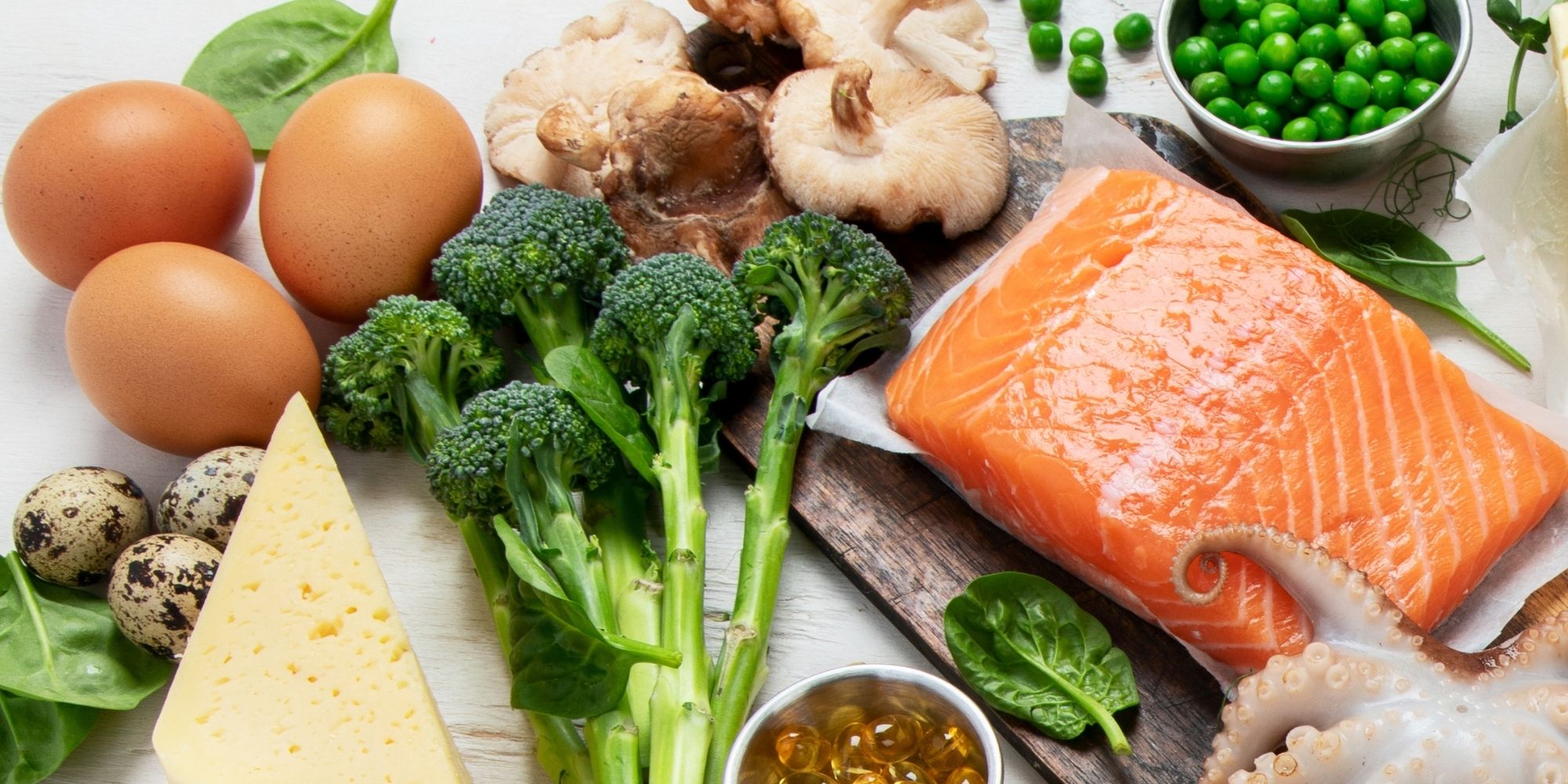It’s wonderful to see you taking an interest in your health. As we get older, our bodies need a bit more care, especially our bones. Keeping them strong is crucial for staying active and independent. So, let’s dive into the world of bone-strengthening foods and discover what you should be adding to your shopping list.
The Basics: Why Strong Bones Matter
Our bones are like the framework of a house. They give us structure, protect our organs, and anchor our muscles. As we age, our bones can become weaker, leading to conditions like osteoporosis. This makes us more prone to fractures and other injuries. But don’t worry! With the right nutrition, we can keep our bones strong and healthy.
The Dynamic Duo: Calcium and Vitamin D
When it comes to bone health, calcium and vitamin D are the dynamic duo. Calcium is a mineral that’s essential for building and maintaining strong bones. Vitamin D, on the other hand, helps our bodies absorb calcium more effectively. Without enough vitamin D, our bodies can’t get the full benefit of the calcium we consume.
Calcium-Rich Foods
Let’s start with calcium. There are plenty of delicious bone-strengthening foods that are packed with this bone-loving mineral.
- Dairy Products:
- Milk: A classic choice, milk is rich in calcium. Whether you prefer whole, semi-skimmed, or skimmed, you’re still getting a good dose of calcium.
- Cheese: Hard cheeses like cheddar are particularly high in calcium. A small piece can go a long way!
- Yoghurt: Great for breakfast or a snack, yoghurt is not only high in calcium but also contains probiotics which are good for your gut.
- Leafy Green Vegetables:
- Kale: This superfood is not just trendy; it’s also loaded with calcium.
- Spinach: A versatile veggie that you can add to almost any dish.
- Broccoli: Another fantastic source of calcium that can be steamed, stir-fried, or even enjoyed raw.
- Fish with Bones:
- Sardines: These small fish are packed with calcium, especially if you eat the bones (don’t worry, they’re quite soft and edible).
- Salmon: Particularly the canned variety, as it often includes the bones which are softened and safe to eat.
- Fortified Foods:
- Fortified Cereals: Many breakfast cereals are fortified with calcium.
- Fortified Plant Milks: If you prefer almond, soy, or oat milk, look for versions that are fortified with calcium.
- Nuts and Seeds:
- Almonds: A handful of almonds can give you a good boost of calcium.
- Sesame Seeds: These tiny seeds are mighty when it comes to calcium content. Sprinkle them on salads or toast for a crunchy boost.
Boosting Calcium Absorption with Vitamin D
Now, let’s talk about vitamin D. It’s not as abundant in foods as calcium, but there are still some great options to ensure you’re getting enough.
- Sunlight: Our bodies can produce vitamin D when our skin is exposed to sunlight. Try to get outside for about 15-20 minutes a few times a week. Just a gentle walk in the park can do wonders.
- Fatty Fish:
- Salmon: Not only good for calcium, but also high in vitamin D.
- Mackerel and Tuna: These are also excellent sources.
- Egg Yolks: Don’t skip the yolk! It’s where most of the vitamins are, including vitamin D.
- Fortified Foods:
- Fortified Milk and Cereals: Check the labels for vitamin D fortification.
- Fortified Orange Juice: A tasty way to start your day with a vitamin D boost.
- Mushrooms: Some varieties, like shiitake mushrooms, can provide a good amount of vitamin D, especially if they’ve been exposed to sunlight while growing.
Putting It All Together: Meal Ideas
Knowing what to eat is one thing, but putting it all together can sometimes be a challenge. Here are some easy meal ideas to help you get started:
- Breakfast:
- A bowl of fortified cereal with milk, topped with a handful of almonds and some sliced bananas.
- A yoghurt parfait with layers of Greek yoghurt, fresh berries, and a sprinkle of sesame seeds.
- Lunch:
- A spinach and kale salad with grilled salmon, cherry tomatoes, and a light vinaigrette.
- A hearty broccoli and cheese soup, perfect for a warm, comforting meal.
- Dinner:
- Baked sardines with a side of steamed broccoli and a serving of brown rice.
- A delicious stir-fry with tofu (calcium-set), mixed veggies, and a sprinkling of sesame seeds.
- Snacks:
- A small piece of cheese with whole grain crackers.
- Carrot sticks with a yoghurt-based dip.
Supplements: A Little Extra Help
While getting your nutrients from food is the best way, sometimes it’s hard to get enough through diet alone. If you’re concerned about your calcium or vitamin D intake, talk to your doctor. They might recommend a supplement to help you reach the necessary levels. Adding bone-strengthening foods to your diet is beneficial, but supplements can be a useful addition to ensure you meet your nutritional needs.
Staying Active
Along with a healthy diet, staying active is crucial for bone health. Weight-bearing exercises, like walking, dancing, or light strength training, can help keep your bones strong. Even simple activities like gardening or taking the stairs can make a difference. Combine these activities with bone-strengthening foods for the best results.
Final Thoughts
Remember, it’s never too late to start taking care of your bones. By incorporating these bone-strengthening foods, rich in calcium and vitamin D, into your diet, you’re taking a big step towards maintaining strong and healthy bones. So, next time you’re at the grocery store, think about your bones and pick up some of these bone-strengthening foods. Your future self will thank you!
Stay healthy and keep those bones strong!
Additional Resources
For further information on maintaining bone health and ensuring you’re getting the right nutrients, here are some useful resources from reputable organisations:
- NHS: Bone Health – Comprehensive advice on how to keep your bones healthy, including dietary tips and information on at-risk groups.
- Royal Osteoporosis Society: Nutrition for Bones – Detailed guidance on nutrition specifically aimed at supporting bone health, including recommended calcium and vitamin D intake.
- Royal Osteoporosis Society: Bone Health Checklist – A handy checklist to help you assess your bone health and take proactive steps to maintain it.
- British Dietetic Association: Eat Your Way to Strong Bones – Tips and advice on dietary choices to promote strong bone health.
These resources provide additional insights and practical advice to help you take the best possible care of your bones through nutrition and lifestyle choices.

